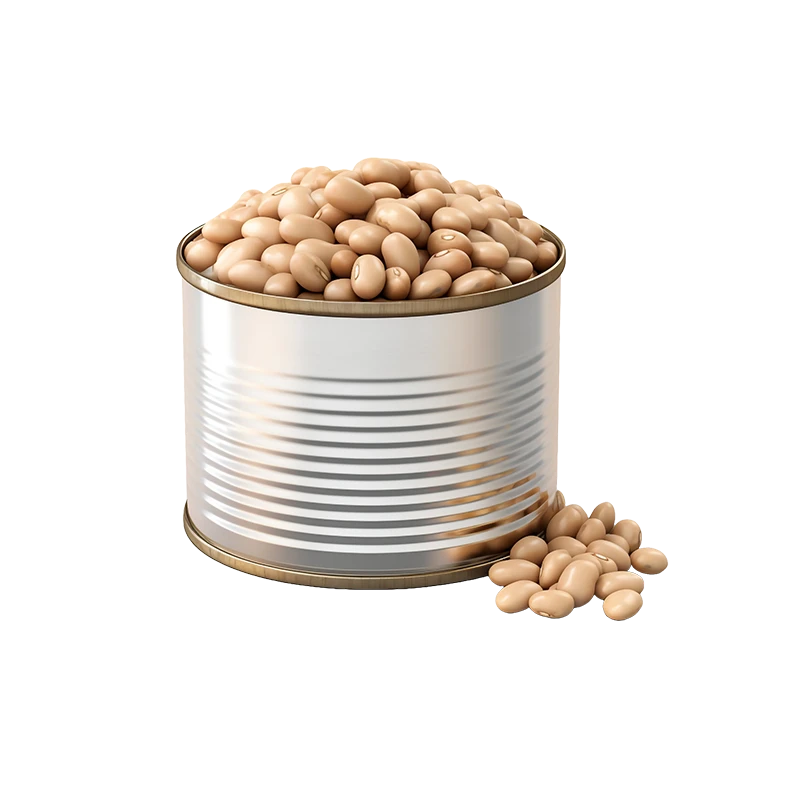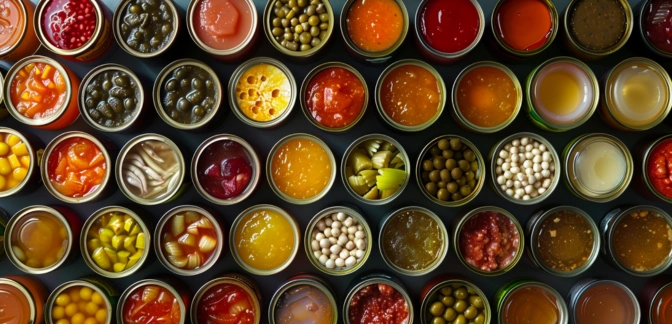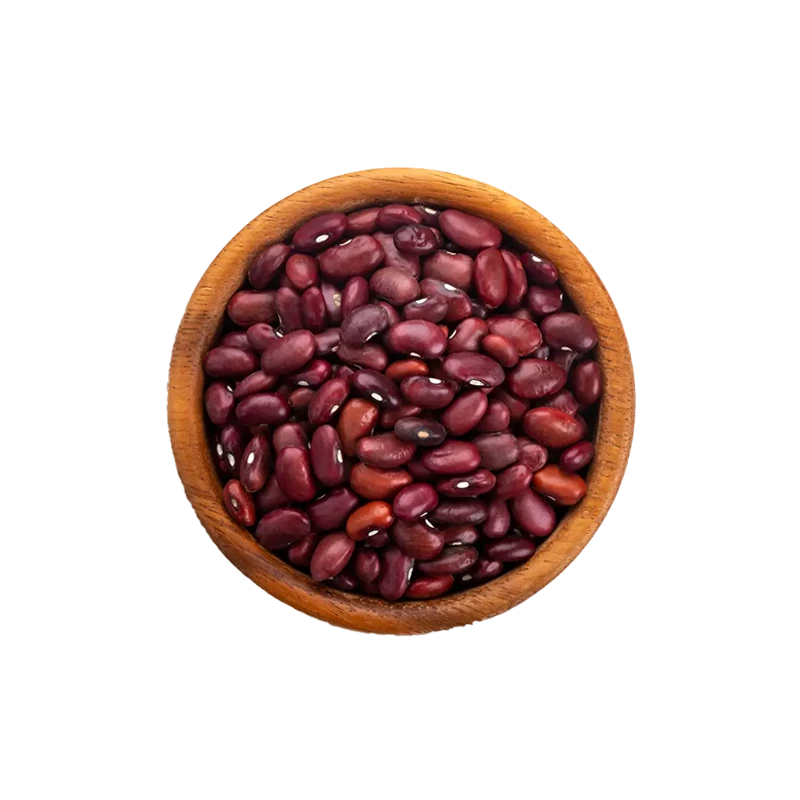Canned White Beans — Nutrients, Health Benefits, and Shopping Tips

Written by Listonic Team
Last update on September 4, 2024
Nutrients
Nutrition facts
Amount per 100 g
Calories
🔥 139 kcal
| Nutrients per: 100 g | Value | % Daily Value* |
|---|---|---|
| Carbs | 25 g | 9.09% |
| Fiber | 6 g | 21.43% |
| Sugars | 1 g | 2% |
| Glycemic Index | 31 | - |
| Protein | 10 g | 20% |
| Sodium | 322 mg | 14% |
| Total Fat | 1 | 1.28% |
*The % of Daily Value (DV) tells you how much a nutrient in a serving of food contributes to a daily diet. 2,000 calories a day is used for general nutrition advice.
10 g
🧀 Good Protein Content
6 g
🥔 Good Fiber Content
Key takeaways
Health benefits
- Rich in fiber, supporting digestive health, promoting regular bowel movements, and maintaining a healthy gut microbiome.
- High in protein, making them an excellent plant-based protein source for muscle growth and repair.
- Supports heart health by lowering cholesterol levels and providing essential nutrients like folate and magnesium.
- Contains essential vitamins and minerals such as iron, potassium, and B vitamins, which are important for overall health and well-being.
Health risks
- High sodium content in many canned varieties, which can contribute to hypertension and increased cardiovascular risks.
- Potential for BPA exposure from the lining of some cans, which has been linked to potential health risks such as hormonal imbalances.
- Risk of digestive discomfort such as bloating or gas due to the high fiber content, especially if not rinsed before consuming.
- Risk of contamination with harmful bacteria or toxins if the can is damaged or improperly processed.
How to choose canned white beans
When choosing canned white beans, ensure they are creamy white and uniform in size, with intact beans in minimal, clear liquid. Select low-sodium options to maintain control over your dish's seasoning.
Steer clear of white beans that are mushy or sitting in a murky brine, as these issues can suggest poor cooking methods or extended storage times. The ideal canned white beans should be tender yet firm, perfect for salads and stews.

How to store canned white beans
Store unopened canned white beans in a cool, dry pantry. After opening, move the beans to a tightly sealed container and refrigerate. They can stay fresh for up to four days when stored correctly.
Using the original can for storage after opening can lead to an altered taste. Transfer beans to a non-metallic container to maintain their flavor. Properly seal the container to keep them fresh. Clean utensils are crucial to avoid contamination.
✅ Extra Tip
How long do they last?
Canned white beans can last for 1-2 years when stored in a cool, dark place. Once opened, they should be refrigerated and used within 3-4 days. Transfer them to an airtight container after opening to maintain their freshness.
What to do with leftovers?
Leftover canned white beans can be used in a variety of dishes. Add them to soups, stews, or chili for extra protein and a creamy texture, or mix them into a salad with greens, vegetables, and a tangy dressing for a light meal.
Use white beans in pasta dishes, where they can be tossed with olive oil, garlic, and herbs for a simple yet satisfying meal. They can also be mashed and used as a base for a white bean dip or hummus, perfect for serving with bread or crackers. If you have a lot of white beans, consider making a batch of white bean soup or using them in a bean and vegetable casserole with cheese and breadcrumbs. Canned white beans can also be added to a grain bowl with quinoa or rice, or mixed into a stir-fry with vegetables and spices for a quick meal.
👨⚕️️ Medical disclaimer
How canned white beans support specific health conditions
Canned white beans are a nutrient-dense legume rich in fiber and plant-based protein, supporting heart health by lowering cholesterol levels. Their high fiber content also promotes digestive health by improving bowel regularity and reducing constipation. White beans are a good source of iron, which supports blood health by preventing anemia, and they contain potassium, which aids in heart health by regulating blood pressure. Their magnesium content supports bone health and muscle function.
Discover products from other categories
Listonic Team
Fact-checked
Our editorial team checked this article to make sure it was accurate at the time of publishing it.
Get the top-rated shopping list app

canned white beans







